Post-war election finance: control and security at the UNBA round table
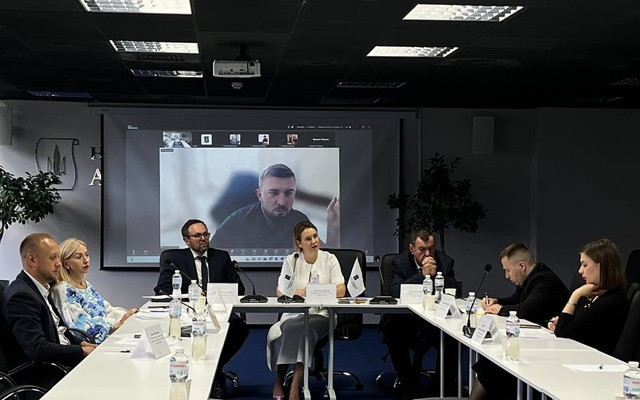
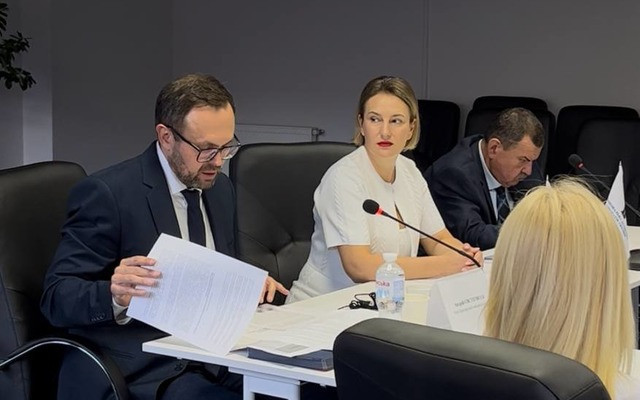
The financing of election campaigns in Ukraine is particularly important during the post-war recovery period. Transparency and accountability of election spending must be guaranteed to ensure fair and democratic elections, despite security and economic challenges.
Legislative changes and practical challenges were the subject of a roundtable organized by the Committee on electoral law of the Ukrainian National Bar Association. Advocates, members of the Central Election Commission, and representatives of civil society organizations took part in the discussion.
Opening the event, the chairman of the UNBA's relevant Committee, Alla Basalaeva, emphasized the relevance of the topic and suggested focusing on key issues: ensuring transparency and control of election finances, countering shadow schemes, finding sources of campaign funding, and minimizing external influence.
The problem of shadow financing and insufficient control over election campaign spending is common to many countries, noted Andriy Yevstigneev, the co-moderator of the round table, member of the CEC and the UNBA Committee Council. He cited the examples of Bosnia and Herzegovina, Albania, Moldova, and Romania, where these challenges also remain relevant.
Among the possible solutions, the speaker mentioned proper legislative regulation, transparency of reporting, automation of election finance control, and criminal liability for legalizing shadow spending—in particular, the payment of campaign staff or advertising on social networks. He paid particular attention to the need for legal education of voters, awareness campaigns, and interaction with online platforms to control political advertising.
Bogdan Mokhonchuk, legal advisor to the OPORA Civil Network, emphasized the gap between official reports and the actual costs of election campaigns, a significant portion of which remain hidden and virtually uncontrolled. He identified foreign financial interference as a separate challenge, citing the example of Moldova, where political parties were financed from abroad.
Among the possible solutions, the speaker mentioned the introduction of sanctions and additional criminalization of electoral violations, strengthening the role of the State Financial Monitoring Service, and establishing close cooperation between the NACP and the CEC. At the same time, he drew attention to the selective nature of financial report control and the need to make this process systematic.
Lyubov Krygan, member of the Committee, elaborated on the topic of interference in the electoral process in Moldova, where Telegram channels and banking institutions were used to bribe voters. In her opinion, the practice of countering such manifestations should become an important lesson for Ukraine during post-war elections. The speaker stressed that election financing should be considered in the context of national security. In this context, it is particularly important to introduce strict rules for banking institutions and electoral actors in order to properly verify election finances.
The problem of chronic underfunding of the Central Election Commission during inter-election periods and outdated approaches to financing local elections was outlined by Serhiy Dubovyk, the deputy chairman of the CEC. He proposed placing partial financial responsibility on electoral actors. Among the priorities, the speaker noted the need for centralized election financing, strengthened financial monitoring, and restrictions on external influence from unfriendly states and their affiliated organizations.
Boris Siklitsky, member of the Committee, also weighed in on the issue of control over election funds. He supported the need for enhanced oversight of the use of funds, but cautioned against transferring these functions to the National Agency for Corruption Prevention (NACP). According to the speaker, the current legislation suffers from a lack of a clear definition of the term «election campaign», which creates risks of misinterpretation. At the same time, he stressed the importance of transparent reporting of expenses, noting that excessive regulation could, on the contrary, limit the openness of the electoral process.
Tetiana Savyak, member of the Committee, emphasized the need to change the approach to financing members of territorial election commissions and to involve local organizations in the preparation of financial reports. Among the innovations, she noted the idea of creating an electronic platform for election finances, provided for in draft law No. 11462 of 05.08.2024 «On amendments to certain legislative acts of Ukraine regarding the improvement of rules for financing election campaigns and control of election funds». At the same time, the speaker warned of the risks of cyberattacks and stressed that a complete rejection of paper media may be inappropriate.
The need for a systematic approach to election financing, taking into account the Budget Code of Ukraine and subordinate regulatory and legal acts, was emphasized by Volodymyr Kistyanyk, the deputy chairman of the Committee. The speaker stressed the importance of optimizing public spending by increasing the institutional and functional capacity of election administration bodies, expanding international cooperation, and introducing best foreign practices. At the same time, the speaker noted that election financing should not create an excessive financial burden on citizens.
The discussion showed that election financing in the post-war period requires a comprehensive approach — from transparent control of election funds and legalization of actual expenditures to prevention of external influence and cyber threats. The roundtable participants agreed that these issues should be considered in close connection with the state's budget policy, national security, and international standards, and that the proposals developed should form the basis for legislative changes.
Popular news
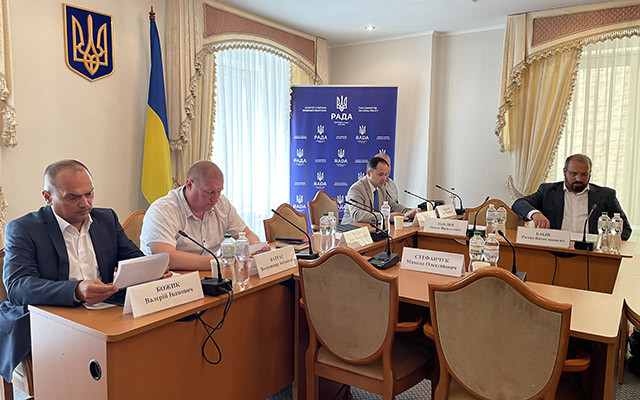
Guarantees of the practice of law
The Verkhovna Rada is waiting for the Minister of Justice to take action on signing the Convention on the protection of t…
Ukraine, which was directly involved in the preparation of the world's first Council of Europe Convention on the protection of the profession of advocate, has still not signed it. There appear to be no formal objections, but no real steps have been taken towards accession either.

Legislation
Support for the defense industry should not upset local budgets, - UNBA
It is necessary to create additional incentives for enterprises in the defense and industrial complex, while ensuring the balance of the budget system and the predictability of both revenues and expenditures of local self-government.

Legislation
UNBA warns of extreme financial risks for defense industry companies
The lack of transparent control over the activities of the Ministry of Defense as a regulator, as well as excessive sanctions for leaving the Defense City regime, create risks for defense enterprises that could lead to their bankruptcy.
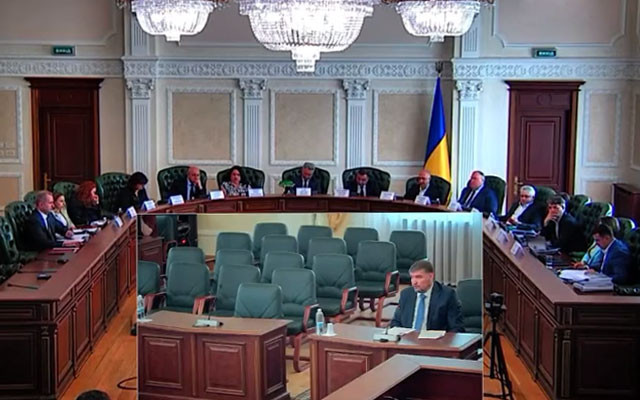
Guarantees of the practice of law
BCU reports interference by a member of the High Council of Justice in the activities of a lawyer and submits officia…
The Bar Council of Ukraine, having considered the statement of advocate Oleksandr Vikhrov, established the fact of interference by Roman Maselko, a member of the High Council of Justice, in the advocacy activities, violation of attorney-client privilege, and exceeding his powers in evaluating a candidate for the position of judge.
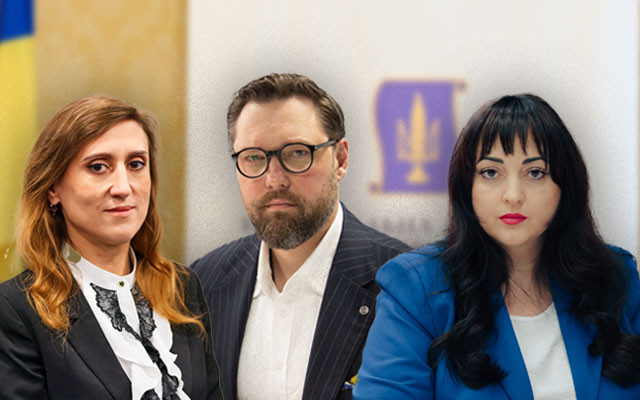
Self-government
BCU selected candidates for membership of the Competition Commission for the selection of members of the HQCJ
In accordance with Article 95-1 of the Law of Ukraine «On the judicial system and status of judges», the Bar Council of Ukraine proposed three candidates to the High Council of Justice for consideration as members of the Competition Commission to conduct a competition for the position of member of the High Qualification Commission of Judges of Ukraine under the BCU quota.
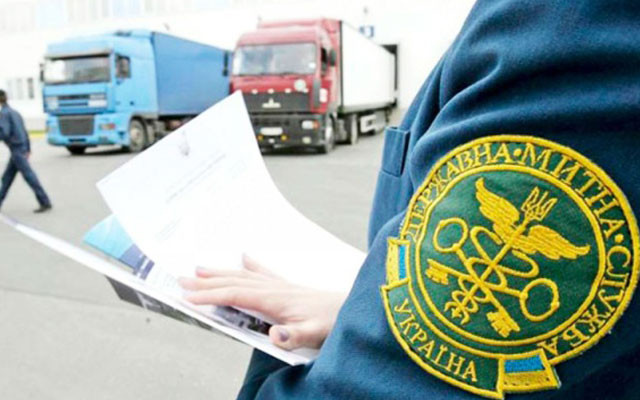
Legislation
DIC and customs control: advocates warn against the risks of draft law No. 13421
Ukrainian defense companies face bureaucratic delays in importing components, which could critically affect the timing of government contracts. At the same time, the mechanism proposed in the Verkhovna Rada creates risks that could outweigh the potential benefits for the industry.

Educational events
Advocates were taught how to distinguish fatigue from exhaustion
Mental health is a topic that still sounds abstract to many people. But in the legal profession, it is a daily reality: stress, high workloads, responsibility for other people's lives.
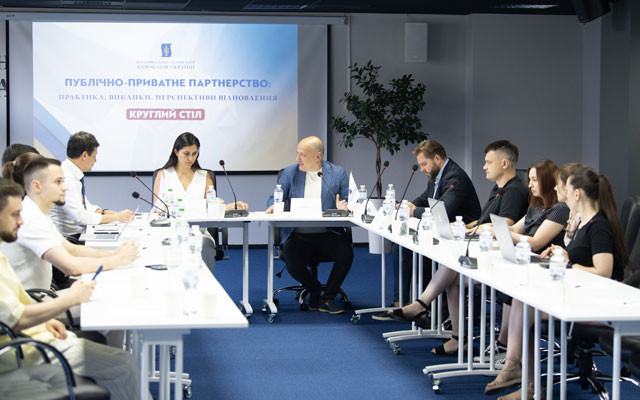
Discussion
Partnership for reconstruction: UNBA discusses new law on PPPs
Public-private partnerships are considered one of the key tools for Ukraine's recovery, but in practice, their mechanisms remain complex, poorly understood, and often ineffective.
Publications

Ihor Kolesnykov A BRIEF SUMMARY REGARDING THE APPLICATION OF THE ORDER ON EXTENDED CONFISCATION IN LATVIA REGARDING FINANCIAL ASSETS OF…

Valentyn Gvozdiy WORKING IN A WAR ZONE

Lydia Izovitova Formula of perfection

Sergiy Vylkov Our judicial system is so built that courts do not trust advocates

Iryna Vasylyk Advocacy in the proclamation of Independence of Ukraine

Oleksandr DULSKY When we cross the border of the Supreme Anti-Corruption Court, we get into another department of the National Anti-Corruption…

Vadym Krasnyk The UNBA will work, and all obstacles and restrictions are only temporary inconveniences

Lydia Izovitova Interview with Lydia Izovitova on the occasion of the 8th anniversary of the founding of UNBA: We are the voice of t…
